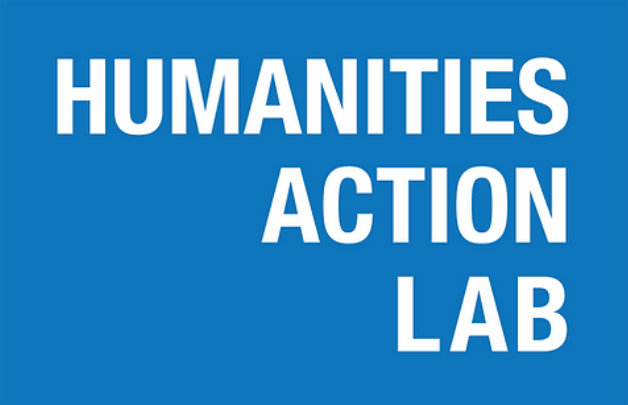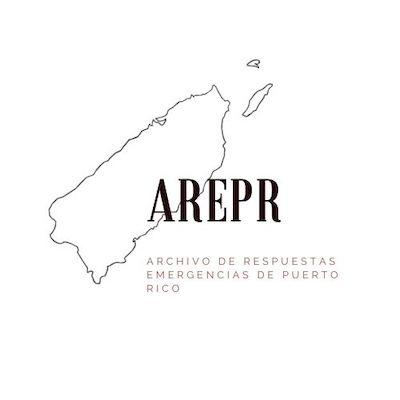In September 2017, Hurricane María made landfall in Puerto Rico, wreaking devastation across the archipelago. Recovery from this disaster and its long aftermath was complicated by the 2019 onset of an ongoing earthquake swarm that brought thousands of tremors, the largest being a 6.4 earthquake that rocked Puerto Rico in January 2020. While homes were still being repaired from Hurricane María’s destruction or made newly uninhabitable by earthquake damage, the global pandemic of COVID-19 shut down the archipelago in March 2020 and residents were ordered to shelter in place, no matter how unstable that place might be. The passage of Hurricane Fiona (September 2022)—which made landfall in Puerto Rico two days before the fifth anniversary of Hurricane María—revealed that these stratified disasters have had a sustained impact on infrastructure that leaves many residents without the basic services that they need for survival. “Sheltered in Place” works to understand how people creatively survive and respond to these stratified disasters, especially as they are situated within the contexts of economic depression, intergenerational colonial practice, and systemic racism. This project won a 2021 Crises in Progress Grant from the Oral History Association and was supported by a Climate Justice Fellowship from the Humanities Action Lab in conjunction with their project, “Climates of Inequality and the COVID Crisis: Building Leadership at Minority Serving Institutions” and through a partnership with the Archivo de Respuestas Emergencias de Puerto Rico. Project director, Ricia Anne Chansky, was named the Senior Climate Justice Fellow at the Humanities Action Lab in recognition of her work on this project.
En septiembre de 2017, el huracán María tocó tierra en Puerto Rico, causando devastación en todo el archipiélago. La recuperación de este desastre y su larga secuela se complicó con el inicio en 2019 de una serie continua de terremotos que provocaron miles de temblores, siendo el más grande un sismo de 6.4 que sacudió a Puerto Rico en enero de 2020. Mientras las casas aún estaban siendo reparadas por la destrucción del huracán María o quedaban recién inhabitables debido al daño por los terremotos, la pandemia global de COVID-19 cerró el archipiélago en marzo de 2020 y se ordenó a los residentes que se refugiaran en su lugar, sin importar lo inestable que pudiera ser ese lugar. El paso del huracán Fiona (septiembre de 2022), que tocó tierra en Puerto Rico dos días antes del quinto aniversario del huracán María, reveló que estos desastres estratificados han tenido un impacto sostenido en la infraestructura que deja a muchos residentes sin los servicios básicos que necesitan para sobrevivir. “Refugiados en el Lugar” trabaja para entender cómo las personas sobreviven y responden creativamente a estos desastres estratificados, especialmente en el contexto de depresión económica, práctica colonial intergeneracional y racismo sistémico. Este proyecto ganó una Beca para Crisis en Progreso 2021 de la Oral History Association y fue respaldado por una Beca de Justicia Climática del Humanities Action Lab en conjunto con su proyecto “Climates of Inequality and the COVID Crisis: Building Leadership at Minority Serving Institutions“, y a través de una colaboración con el Archivo de Respuestas Emergencias de Puerto Rico. La directora del proyecto, Ricia Anne Chansky, fue nombrada la Becaria Senior de Justicia Climática en el Humanities Action Lab en reconocimiento a su trabajo en este proyecto.


